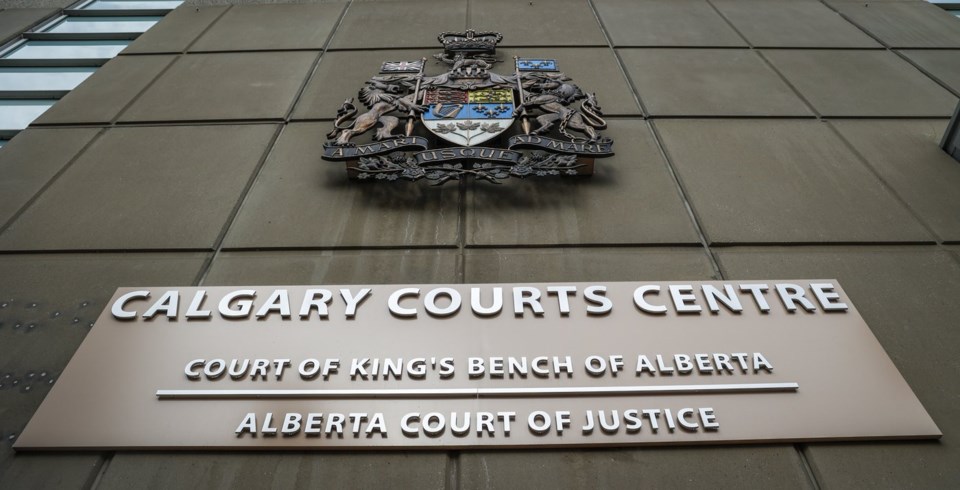Certainly since the PC Wayne Couzens outrage, and probably before, police misconduct has been a matter of public concern. Vetting, specifically, has been found wanting on occasions and has been criticised as not being dynamic enough to address ingrained behaviours and cultures. Last week, as a result of a vociferous campaign by Metropolitan Police Commissioner, Sir Mark Rowley, the Government announced that from the middle of next month serving officers who fail vetting will be automatically dismissed.
The fact that Police Regulations do not already allow this may come as a surprise to many but, as illustrated in a successful judicial review against the Met after they sought to sack officers failing vetting, dispensing with officers’ service is not simple. Police officers are not employees but have a unique status as officers of the crown. They do not have a contract of employment and some employment legislation does not apply to them.

Their employment bible is Police Regulations. Once an officer has completed their probationary period, the only ways they can be removed is if they are shown to have committed gross misconduct or to be grossly incompetent. There is a third way whereby officers who have reached full pensionable service can be forced to retire but that is rarely used.
Officers cannot be made redundant, nor sacked for any other reason, and the available routes can be long and tortuous. Vetting is a fundamental tool to ensure that those serving are suitable to do so, demonstrating good character and integrity in all aspects of their lives, and it’s equally critical to the public’s trust and confidence. All recruits are vetted before they are appointed and there is an ongoing responsibility on officers to flag anything that might affect their vetting clearance.
Different levels of vetting prompt different review periods, and officers moving to ranks or roles that require access to more sensitive information or tactics are revetted to that level. However, if an officer remains in a relatively low-risk role, is not proven to have committed gross misconduct but who's behaviour and circumstances change to such a degree that if they were applying to join the police at that point they would be rejected, they can remain an officer. On the face of it, that can’t be right.
Most transgressions can be dealt with through the misconduct route but where that fails, the risk of continued service in serious cases must dictate a pragmatic outcome; that the officer is sacked. However, there must be safeguards as some aspects and decisions around vetting are professional judgements and the new system should be robust enough to separate those cases where the failure is subjective and can be otherwise managed, from those that clearly indicate the officer has no place holding a warrant card. One of the frustrations which goes alongside this debate is the length of time police misconduct cases take to conclude.
When the Independent Office for Police Conduct is involved, they can run to years during which time, whether suspended or not, officers continue to be paid. The new system of removing officers through failed vetting though should not be used as an expedient alternative to dismissal when misconduct proceedings are more appropriate yet are dragging on. It’s against both natural justice and the public interest for guilty officers to be paid while they wait and wait and wait for their hearing, but equally the stress and uncertainty innocent officers face while in this limbo is both demoralising and, if they are suspended or on non-operational duties, can be an unnecessary waste of public money.
Holding the office of Constable is a huge privilege and comes with significant responsibilities. Thousands apply to join the police each year and only a handful are appointed. Despite that, there are never enough officers and each is expected to work incredibly hard and maintain the highest standards as, without them, to whom would the public turn in their moment of need? I welcome the new arrangements so that we truly get the police service we deserve, but I do hold some reservations that without proper safeguards some chief officers might be tempted to abandon due process and use the system for expedience when it’s the misconduct procedures that need fixing.
I sincerely hope I am wrong. Former Brighton and Hove police chief Graham Bartlett’s Brighton-based Jo Howe crime novel series continues with City on Fire which is now available in paperback..
Health

Police vetting - sorting the wheat from the chaff

Certainly since the PC Wayne Couzens outrage, and probably before, police misconduct has been a matter of public concern. Vetting, specifically, has been found wanting on occasions and has been criticised as not being dynamic enough to address ingrained behaviours and cultures.















